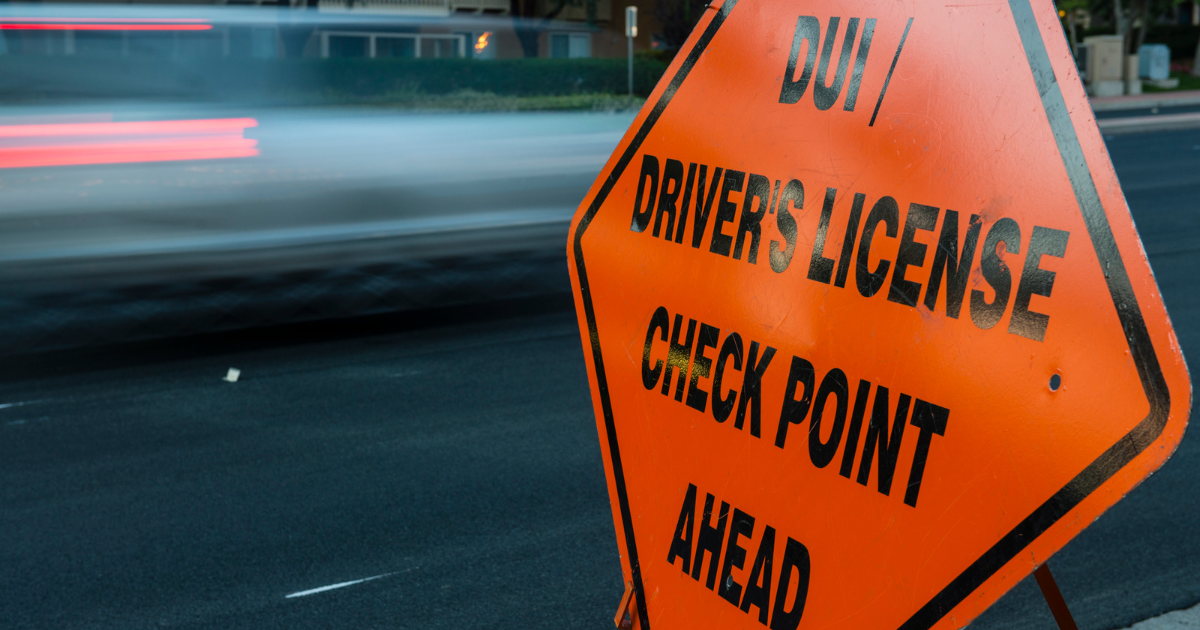Were you given a DUI or DWAI ticket and facing charges in court? Are the details of your Colorado DUI case overwhelming and confusing? This blog post will provide essential details about navigating through key steps of your DUI process so that you can feel empowered to make better decisions along the way. With this guide, we hope to help DUI clients gain clarity on their legal rights and efficiently progress their cases. It’s important that as clients, you understand what to expect from each step of the DUI process in Colorado and how best to prepare for success. Read on for more information about how our experienced defense team can assist with every phase of your case.
Suspected of driving under the influence in Colorado
If you are pulled over and suspected of driving under the influence of alcohol in Colorado, the process will follow these general steps:
1. The officer will request your license, registration, and proof of insurance.
2. The officer will ask you to step out of the vehicle and perform a series of field sobriety tests.
3. If the officer believes you are intoxicated, you will be arrested and transported to a local police station or jail.
4. You will be given a breathalyzer test or blood test to determine your BAC level.
5. If you are convicted of DUI, you may face fines, jail time, and a driver’s license suspension.

DUI, DWAI, and DUID: What’s the difference?
The differences between DUI, DWAI, and DUID are as follows:
DWAI is defined as driving while impaired by alcohol or drugs to the slightest degree. A person can be charged with DUI even if their blood alcohol concentration (BAC) is below the legal limit.
DUI is defined as driving while under the influence where a person is substantially impaired by drugs or alcohol, and it applies to drivers with a BAC of .08 or higher.
DUID is defined as driving under the influence of drugs, which can include alcohol, marijuana, cocaine, and other drugs. A person can be charged with DUID even if their BAC is below the legal limit.
Possible Penalties of a Colorado DUI, DWAI or DUID
There are a variety of potential penalties that may be imposed for a Colorado DUI, DWAI, or DUID conviction. DWAI is a less severe charge than a DUI/DUID. First-time offenses for DWAIs may put you in jail for up to 180 days. It also carries a $500 fine.
For a first-time conviction of a DUI/DUID, you may face up to a year in jail. You may also be subject to the following:
- Driver’s license revoked for one year
- Community service hours
- Monitored sobriety
- $1000 fine
- Substance abuse education and therapy
Discovery, Investigation, and Evaluation of Evidence for a Colorado DUI, DWAI or DUID
When it comes to driving under the influence of drugs or alcohol (DUI, DWAI, or DUID), there is a process for discovery, investigation, and evaluation of evidence. This process begins with the initial stop by law enforcement and can include field sobriety tests, breathalyzers, and blood tests. During the investigation phase, Colorado police officers will collect any physical evidence from the scene that may be used in court. This could include alcohol containers or drug paraphernalia. The evaluation of this evidence occurs during a criminal trial to determine whether the defendant was impaired at the time of the incident. It is also important to note that any statements made by the defendant at the time of arrest can be used as evidence in court as well. To ensure a fair trial, an experienced attorney should be consulted to review all collected evidence to plan an effective defense strategy.

Should You Take the Plea Offer or go to Trial?
When facing a DUI, DWAI, or DUID charge, it is important to consider both the advantages and disadvantages of taking a plea offer or going to trial. Taking a plea offer often means you may face a lesser sentence than if you went to trial, as well as avoiding the time and expense associated with a trial.
However, taking a plea offer usually means you accept guilt on some level and could lead to having a criminal record. Going to trial in Colorado can be costly and time-consuming, but it also allows for the possibility of being found not guilty if your defense is strong enough. Ultimately, deciding which option is best for your case depends on the specifics of your situation and the potential risks and rewards associated with each option.
Contact Us
If you would like to speak to one of our criminal defense attorneys, please call us at 970-315-2365 or email us at info@kalamaya.law. You may also schedule a call with a new client liaison who can get you connected with one of our DUI Attorneys in the Roaring Fork Valley, Eagle County, Garfield County, or Denver Metro area here.

